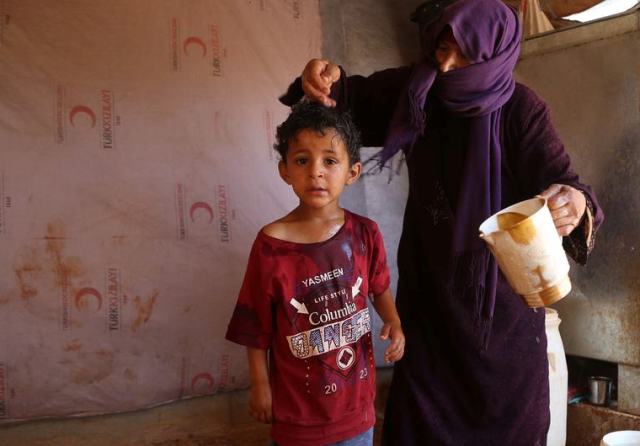A new UNICEF analysis reveals that one in five children worldwide — totaling 466 million —live in areas that experience at least double the number of extremely hot days annually compared to their grandparents’ generation. The study highlights a significant increase in the frequency of days exceeding 35 degrees Celsius (95 degrees Fahrenheit) over the past six decades.
UNICEF Executive Director Catherine Russell has emphasized the profound impact of extreme heat on children, noting that it disrupts their health, well-being, and daily lives. The study, which compares averages from the 1960s with the period from 2020 to 2024, underscores the rapid acceleration of extreme heat exposure for nearly half a billion children globally, many of whom lack the necessary infrastructure to cope with such conditions.
Country-Level Findings
The analysis also uncovered alarming trends at the country level. In 16 countries, children now face over a month of additional extremely hot days compared to 60 years ago. For instance, children in South Sudan endure an average of 165 extremely hot days annually in the current decade, up from 110 days in the 1960s. Similarly, Paraguay has seen a rise to 71 extremely hot days from 36.
West and Central Africa are particularly hard-hit, with 123 million children — 39 percent of the region’s child population — experiencing temperatures above 35°C for more than one-third of the year. In Mali, Niger, Senegal, and Sudan, children now face between 195 and 212 extremely hot days annually. Latin America and the Caribbean are also significantly affected, with nearly 48 million children living in areas that have seen a doubling of extremely hot days.
Health Risks for Children
Extreme heat poses unique risks to children, whose bodies are more vulnerable than adults. Heat stress can lead to malnutrition, non-communicable diseases, and increased susceptibility to heat-related illnesses and infectious diseases like malaria and dengue. The impact on neurodevelopment, mental health, and overall well-being is also concerning.
Catherine Russell highlighted that children’s bodies heat up faster and cool down more slowly than adults, making them particularly susceptible to extreme temperatures. The report also points to the heightened risks for pregnant women, including complications such as gestational diseases and adverse birth outcomes.
Call for Urgent Climate Action
With new national climate plans due soon under the Paris Agreement, UNICEF is urging governments, leaders, and the private sector to take bold and urgent action to protect children’s rights to a clean, healthy, and sustainable environment. The upcoming climate plans represent a critical opportunity to shape the future for today’s children and future generations.
“As governments are currently drafting their national climate action plans, they can do so with the ambition and knowledge that today’s children and future generations will have to live in the world they leave behind,” Catherine Russell stated.
Baburajan Kizhakedath

